Thai army chief balks at protest crackdown
Thai soldiers won't use force to evict protesters occupying the PM's office, says army chief Anupong Paochinda.
Tuesday, 02.09.2008.
16:10

Thai soldiers won't use force to evict protesters occupying the PM's office, says army chief Anupong Paochinda. This is in spite of the fact that a state of emergency gives him the power to do so. Thai army chief balks at protest crackdown "If we thought we could use police and soldiers to get them out with a peaceful conclusion, we would do it. But we think that that would create more problems," he told reporters after a man died in clashes between pro- and anti-government protesters. The emergency powers invoked by Prime Minister Samak Sundaravej banned public meetings, declared government buildings off limits, and restricted media reports that incite unrest. But with the army reluctant to enforce the decree -- Anupong said his soldiers would be unarmed and would act only as a buffer between the protesters -- the stand-off looked set to drag on. "Announcing a state of emergency is proper and timely. But if you ask me if this is the beginning of the end? No, it isn't," said Puwadol Lapudomsuk of Asia Plus Securities. The Thai baht hit a one-year low of 34.47 per dollar and the stock market ended down 2.3 percent, while most other Asian markets climbed on weaker oil prices. The index has lost around 24 percent since the protests began in May. The deployment of troops in Bangkok raised the specter of an army seizure of power less than two years after the military kicked out then Prime Minister Thaksin Shinawatra. Anupong, one of the generals who ousted Thaksin only to see his allies return to power in December's general election, said another putsch would solve nothing. "The door to use force is closed. We must find a solution through the legal and parliamentary systems," he said. Not enough jails At Government House, leaders of the protest movement that has occupied Samak's official compound for the past week urged more followers to join them at their makeshift barricades of razor wire and car tires. "There are not enough jails to put us all into," Chamlong Srimuang, a leader of the People's Alliance for Democracy (PAD), told thousands of cheering supporters in a speech carried on PAD radio and satellite television despite the emergency decree. Some schools and shops were shut, but there was no major troop presence or curfew to interrupt daily life in the sprawling city of 10 million people. Bangkok airport, the main gateway for millions of tourists visiting one of Asia's top holiday destinations, remained open. But airlines halted flights to the southern commercial capital of Hat Yai after protesters marched on the airport. Tourism, a major employer, was expected to take a hit as Australia, South Korea and Singapore issued travel warnings, with others likely to follow. National carrier Thai Airways said its bookings were down more than 10 percent in recent days. Ahead of a threatened strike by public sector unions on Wednesday, rating agency Standard & Poor's said the turmoil could deter foreign investment and more violence could lead to a cut in Thailand's rating outlook to negative from stable. Soldiers sent in Tuesday's clashes, which killed one man and hurt 45, were the worst outbreak of violence since the PAD hit the streets in May. Around 400 soldiers armed with batons and shields were sent to back up police struggling to contain the skirmishes. Several shots were fired, but it was not clear by whom. After the clashes, the street was strewn with rocks and broken glass, and pools of blood were seen on the pavement. Samak's supporters withdrew, but they are expected to regroup under the cover of darkness. Samak's announcement of emergency rule blamed certain people, whom he did not name, for "wreaking havoc" and said their actions were undermining the economy and national unity. "I did this to douse the fire, not to cause a fire," Samak told a news conference at a military headquarters. The PAD, a group of right-wing businessmen and activists whose 2006 street campaign contributed to the coup against Thaksin, says that Samak is an illegitimate proxy for the former telecoms billionaire, now in exile in London. The PAD also paints itself as a guardian of revered King Bhumibol Adulyadej against a supposed Thaksin campaign to turn Thailand into a republic, a charge denied by both Thaksin and the government.
Thai army chief balks at protest crackdown
"If we thought we could use police and soldiers to get them out with a peaceful conclusion, we would do it. But we think that that would create more problems," he told reporters after a man died in clashes between pro- and anti-government protesters.The emergency powers invoked by Prime Minister Samak Sundaravej banned public meetings, declared government buildings off limits, and restricted media reports that incite unrest.
But with the army reluctant to enforce the decree -- Anupong said his soldiers would be unarmed and would act only as a buffer between the protesters -- the stand-off looked set to drag on.
"Announcing a state of emergency is proper and timely. But if you ask me if this is the beginning of the end? No, it isn't," said Puwadol Lapudomsuk of Asia Plus Securities.
The Thai baht hit a one-year low of 34.47 per dollar and the stock market ended down 2.3 percent, while most other Asian markets climbed on weaker oil prices. The index has lost around 24 percent since the protests began in May.
The deployment of troops in Bangkok raised the specter of an army seizure of power less than two years after the military kicked out then Prime Minister Thaksin Shinawatra.
Anupong, one of the generals who ousted Thaksin only to see his allies return to power in December's general election, said another putsch would solve nothing.
"The door to use force is closed. We must find a solution through the legal and parliamentary systems," he said.
Not enough jails
At Government House, leaders of the protest movement that has occupied Samak's official compound for the past week urged more followers to join them at their makeshift barricades of razor wire and car tires."There are not enough jails to put us all into," Chamlong Srimuang, a leader of the People's Alliance for Democracy (PAD), told thousands of cheering supporters in a speech carried on PAD radio and satellite television despite the emergency decree.
Some schools and shops were shut, but there was no major troop presence or curfew to interrupt daily life in the sprawling city of 10 million people.
Bangkok airport, the main gateway for millions of tourists visiting one of Asia's top holiday destinations, remained open. But airlines halted flights to the southern commercial capital of Hat Yai after protesters marched on the airport.
Tourism, a major employer, was expected to take a hit as Australia, South Korea and Singapore issued travel warnings, with others likely to follow. National carrier Thai Airways said its bookings were down more than 10 percent in recent days.
Ahead of a threatened strike by public sector unions on Wednesday, rating agency Standard & Poor's said the turmoil could deter foreign investment and more violence could lead to a cut in Thailand's rating outlook to negative from stable.
Soldiers sent in
Tuesday's clashes, which killed one man and hurt 45, were the worst outbreak of violence since the PAD hit the streets in May.Around 400 soldiers armed with batons and shields were sent to back up police struggling to contain the skirmishes. Several shots were fired, but it was not clear by whom.
After the clashes, the street was strewn with rocks and broken glass, and pools of blood were seen on the pavement.
Samak's supporters withdrew, but they are expected to regroup under the cover of darkness.
Samak's announcement of emergency rule blamed certain people, whom he did not name, for "wreaking havoc" and said their actions were undermining the economy and national unity.
"I did this to douse the fire, not to cause a fire," Samak told a news conference at a military headquarters.
The PAD, a group of right-wing businessmen and activists whose 2006 street campaign contributed to the coup against Thaksin, says that Samak is an illegitimate proxy for the former telecoms billionaire, now in exile in London.
The PAD also paints itself as a guardian of revered King Bhumibol Adulyadej against a supposed Thaksin campaign to turn Thailand into a republic, a charge denied by both Thaksin and the government.










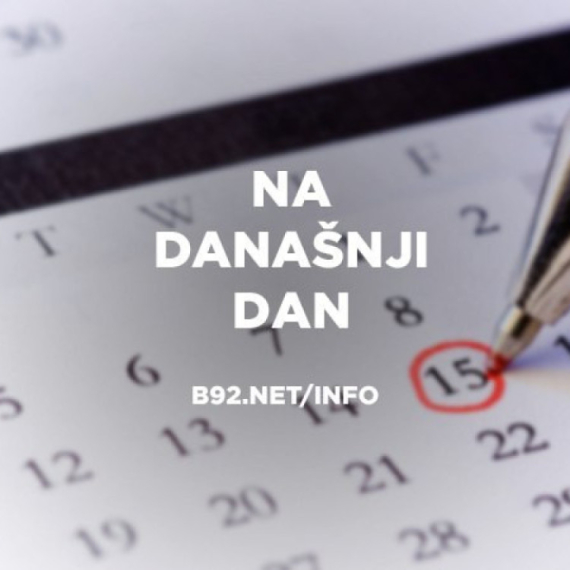
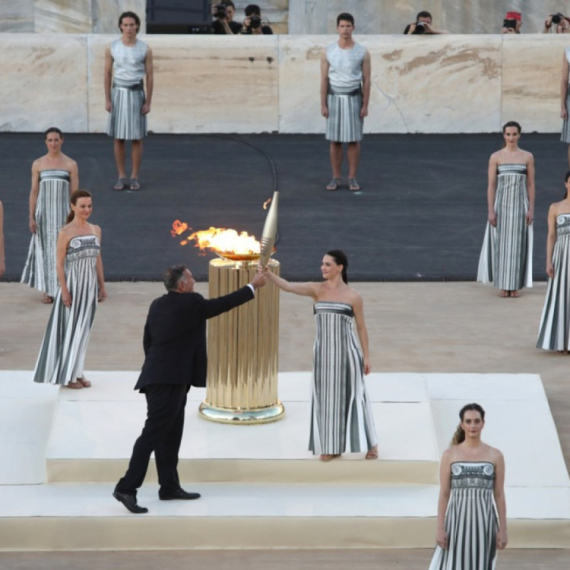
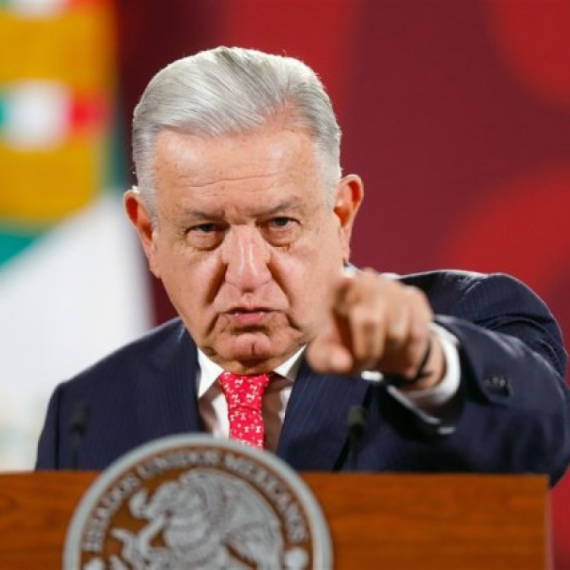


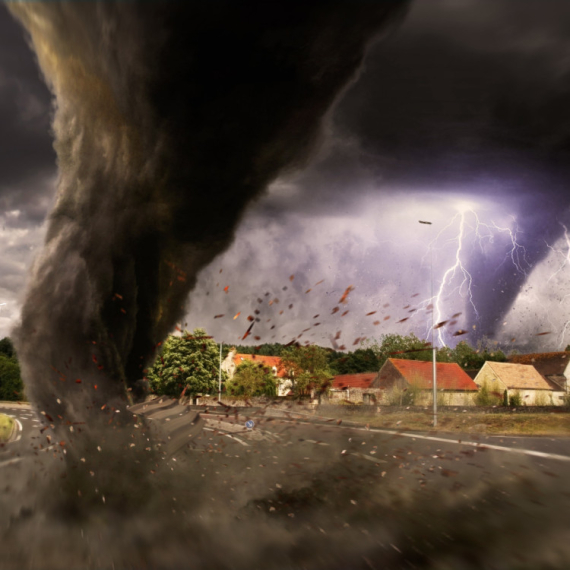
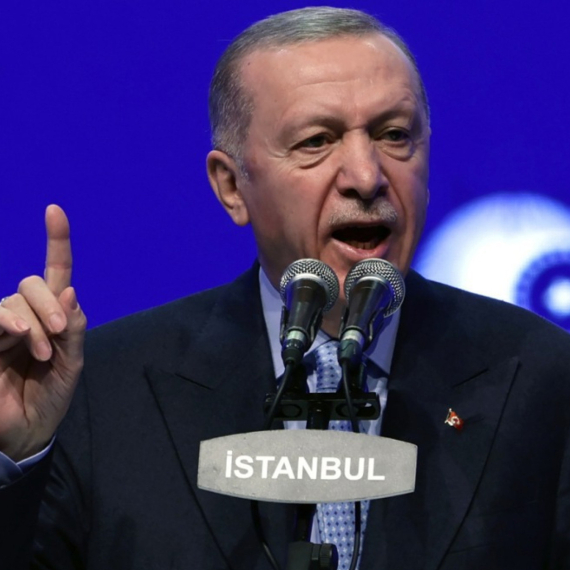

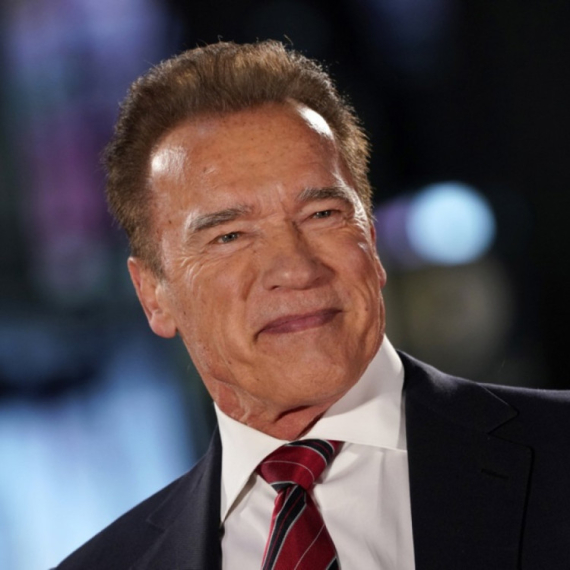
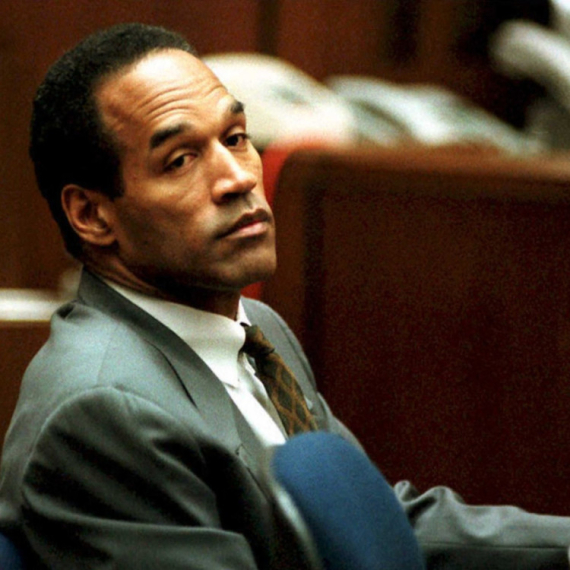

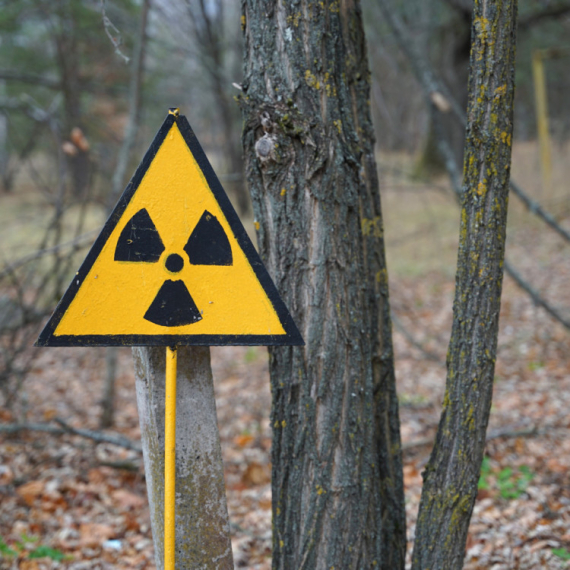




































Komentari 0